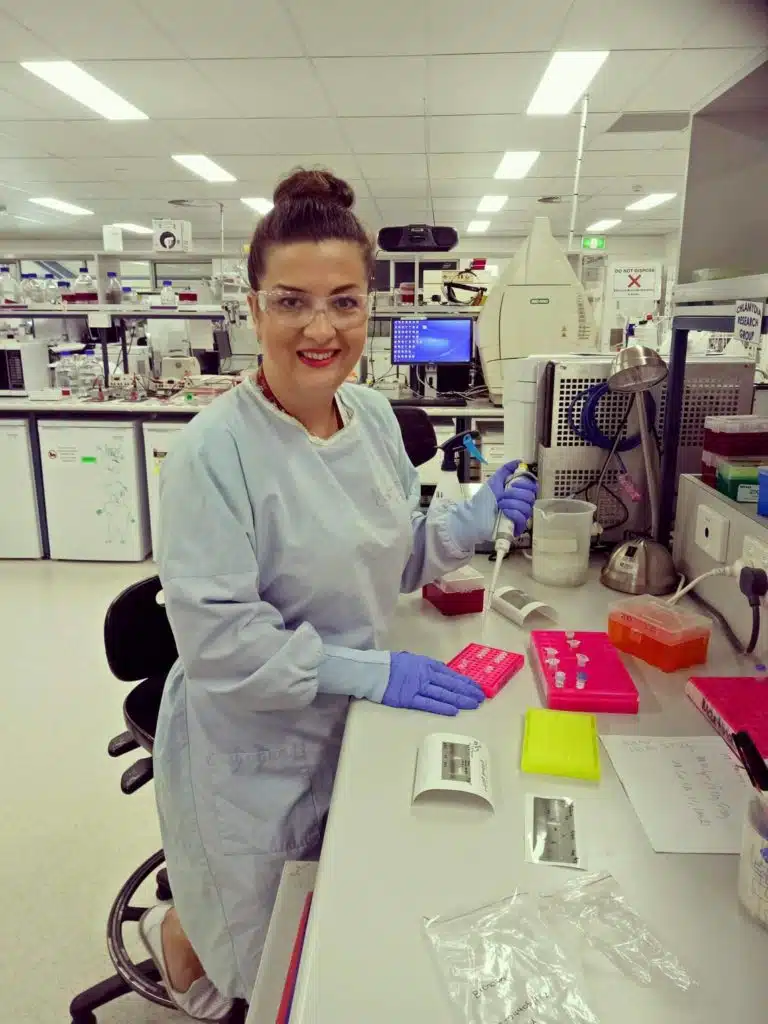On the brink of an infectious disease spill-over
In Australia, Chlamydia is best known as the notorious koala pathogen. But Martina Jelocnik’s (University of the Sunshine Coast) research is focused on more curious Chlamydia cases: Martina has shown that parrots can have Chlamydia and transmit it to humans, where it causes serious chest infections.
More recently, Martina has found that Chlamydia also infects horses. This can cause pregnant horses to lose their foals prematurely, or foals to die shortly after birth.
Infected horses can transmit Chlamydia to vets and farmers, who can then develop pneumonia. The equine Chlamydia infections are likely to result in significant financial losses to the horse breeding industry.
But how do horses get chlamydia? Martina’s molecular studies revealed that it’s most likely from parrots, such as wild parakeets or cockatiels feeding near horses.
Working with vets, doctors and farmers, Martina is performing detailed molecular epidemiology studies of Chlamydia from infected birds, horses and humans to understand where, when and how these infection outbreaks occur.
The most significant emerging infectious diseases in humans are the result of infection spillover from animals, and Chlamydiae bacteria have been implicated in spillover events.





 Fresh Science is on hold for 2022. We will be back in 2023.
Fresh Science is on hold for 2022. We will be back in 2023.